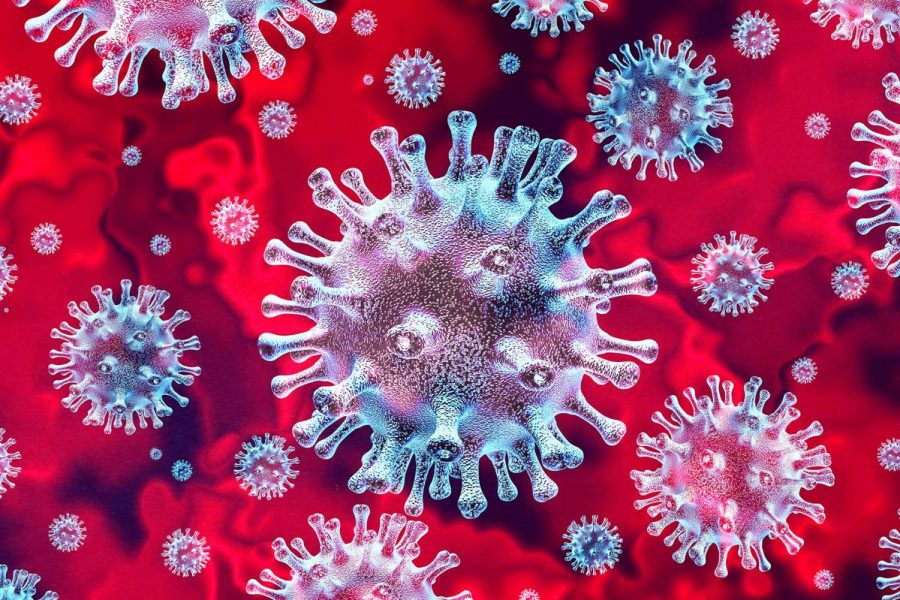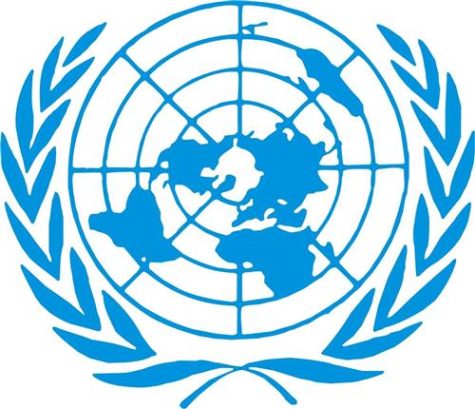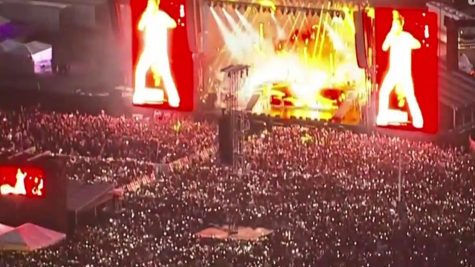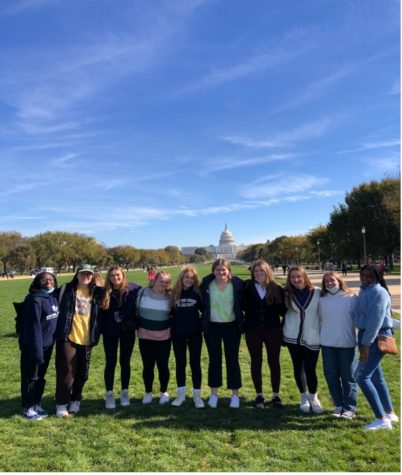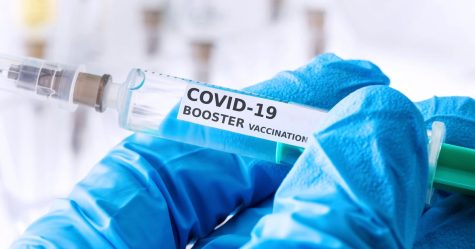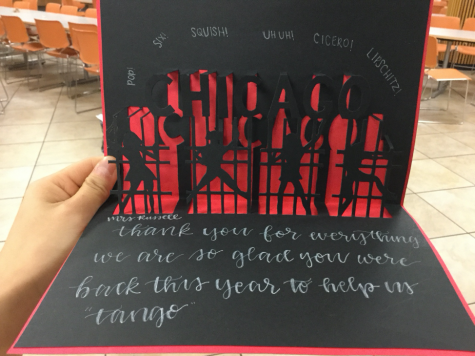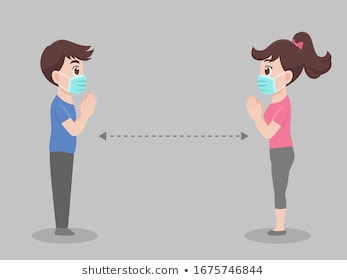FAQs About COVID-19 Vaccines
For the past year, everything has revolved around Covid-19 and the race to create vaccines. As of March 24, the FDA has authorized the Pfizer-Biotech, Moderna, and Johnson & Johnson vaccines for emergency usage in the United States. The vaccines have been all over the news, but it can be hard to understand what’s going on. To help centralize information, this article responds to some common questions about the Covid-19 vaccines.
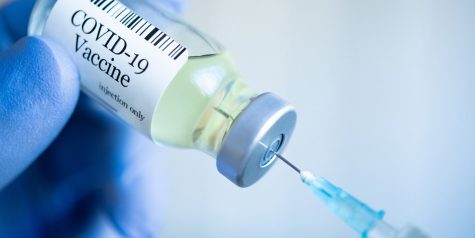
- Is a certain vaccine better than the others?
Answer: While it may look like the Pfizer and Moderna vaccines have a higher effectiveness percentage, both of these trials were done before the emergence of the new variants. The J&J vaccine is good at preventing people from the newer variants, including the South African and Brazilian strains. Dr. Anthony Fauci, Director of the National Institute of Allergy and Infectious Diseases, told NBC’s Meet the Press, “All three of them (the vaccines) are really quite good, and people should take the one that’s most available to them.” The quicker more people get vaccinated, the sooner we can go back to some sense of normalcy.
- What are the common side effects of the vaccines?
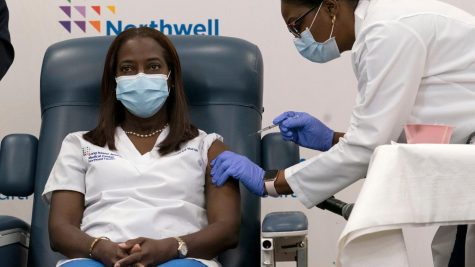
Answer: The positive benefit of immunity to Covid-19 outweighs the side-effects of the vaccine. Thankfully, most people haven’t experienced any severe side effects. But, after getting any of the three FDA-authorized vaccines, people may experience mild pain or redness on the arm where they got the shot. Other side effects include headaches, tiredness, or fever. These side effects are signs that your body is building up immunity to the virus. It is important to see a doctor if any of these side effects last longer than a few days or get worse.
- Do I still need to follow safety regulations if I am fully-vaccinated?
Answer: (As of March 24) Even if you are fully vaccinated, the CDC still recommends keeping six feet of distance between you and others and wearing a mask in public. The CDC also still advises against international travel and large gatherings. But a small group of fully-vaccinated people can be together, inside, without masks. Also, a fully-vaccinated person can gather mask-less with unvaccinated people from another household, as long as no one is at high risk for Covid-19. For example, a fully vaccinated grandparent can meet up with their unvaccinated grandkids, without masks, given that none of the kids are considered high-risk.
- When can teenagers get vaccinated?
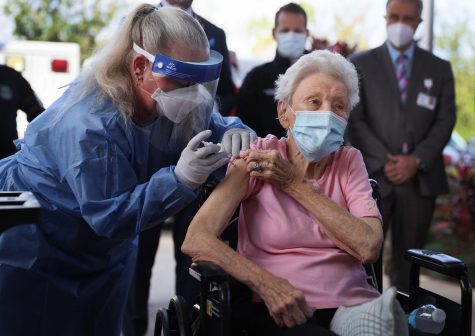
Answer: As of right now, the Pfizer vaccine is cleared for people ages 16 and up. Both the Moderna and J & J vaccines are cleared for adults 18 and older. The US federal and state governments are in the process of distributing vaccines, starting with the elderly and frontline workers. Moderna is partnering with UMass Medical School researchers, and together they are conducting a vaccine trial for adolescents aged 12-18. Over 3,000 teens have enrolled in this trial, at 15 different sites all over the United States. Pfizer is in the middle of a clinical trial focused on teens age 12-15. Hopefully, by the end of the summer, there will be more data, and young teens can start to get vaccinated by the start of the next school year.
Sources:
- https://www.cnbc.com/2021/02/28/fauci-all-three-covid-vaccines-highly-effective-urges-people-to-take-available-shot.html
- https://www.npr.org/2021/03/03/973198157/with-3-covid-19-vaccines-available-is-1-better-than-the-other
- https://www.cdc.gov/coronavirus/2019-ncov/vaccines/expect/after.html
- https://www.cdc.gov/coronavirus/2019-ncov/vaccines/fully-vaccinated.html
- https://www.usatoday.com/story/news/health/2021/03/16/covid-19-vaccine-when-can-children-get-it-coronavirus/4714963001/
- https://www.umassmed.edu/news/news-archives/2021/01/umass-medical-school-researchers-to-start-trial-of-moderna-covid-19-vaccine-in-teens/
- https://www.pfizer.com/science/coronavirus/vaccine
- https://www.nytimes.com/2021/02/12/health/covid-vaccines-children.html

